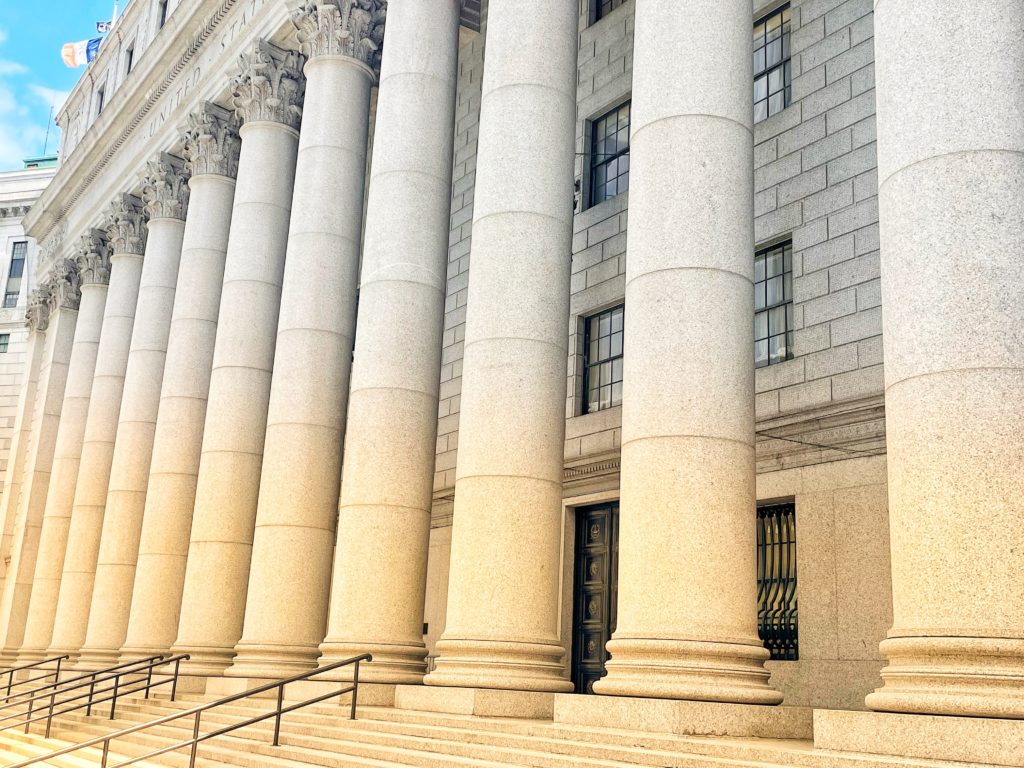Florida Appellate Lawyer

Knowing when to file a notice of appeal, or a motion for rehearing can be confusing. A recent case tells you not to wait when dealing with non-final orders. Your Florida appellate lawyer should know when to avoid motions and also how you can use them to your advantage. ( Very important: there are special rules for probate appeals. )

Final and Non-Final Orders
When handling a matter a trial, the best time to consider an appeal is before your trial begins.
Not after the judgment is entered.
Are you ready for an appeal if you win?
And, maybe more importantly, are you ready for an appeal if you lose?
Can you anticipate issues which may be challenging?
Like what issues? Evidentiary issues. Hearsay. Even jurisdictional issues.
Most people know that you have 30 days for your Florida appellate lawyer to file an appeal.
(There are unique and special rules for appealing rulings on attorneys fees.)
What does that mean?
Florida Appellate Lawyer
An appeal is initiated under the Florida Rules of Appellate Procedure.
A notice of appeal must filed in the trial court.
Pay the filing fee at the District Court of Appeal and with the trial court’s clerk.
Start to get the record sent up to the DCA.
This means that you need everything in the court docket, and used by the judge, which addresses, or deals with, what you believe is error. This may be more than just the court-filed documents. So, if there was a hearing or a deposition that was important and relevant to your appeal, get the transcript. File it. And make sure your record is complete and that it gets to the DCA.
Most folks know that you can actually read Florida appeals courts opinions for free by simply going to each DCA’s website. Look for the “Opinions” section (tab) and click to see all the cases.
To Appeal or Not to Appeal
A lot is made of motions for reconsideration or motions for hearing.
Let’s say that a judgment is entered. Or maybe an “order”.
You need to know if you can, or must, appeal that judgment or order right now. Or if you have more time.
Ask your Florida appellate lawyer about the important difference between a “final” order vs. a “non-final” order.
And be sure to understand when a motion for rehearing or reconsideration is appropriate. In some instances, a motion for rehearing is not authorized. In other instances, a motion for rehearing or reconsideration may be vital to getting your legal argument into the court record. This helps your appeal.
A recent case from the 3rd District Court of Appeal dealt with these issues. Click THIS LINK to read this opinion for free by looking for Case No. 2023-1175.
Finally, know that there are very special rules for certain probate matters. Some of those issues need to be appealed within 30 days. Read Appellate Rule. 9.170. One important one: homestead.
And, consider trying to find a lawyer who will take your case on a contingency.